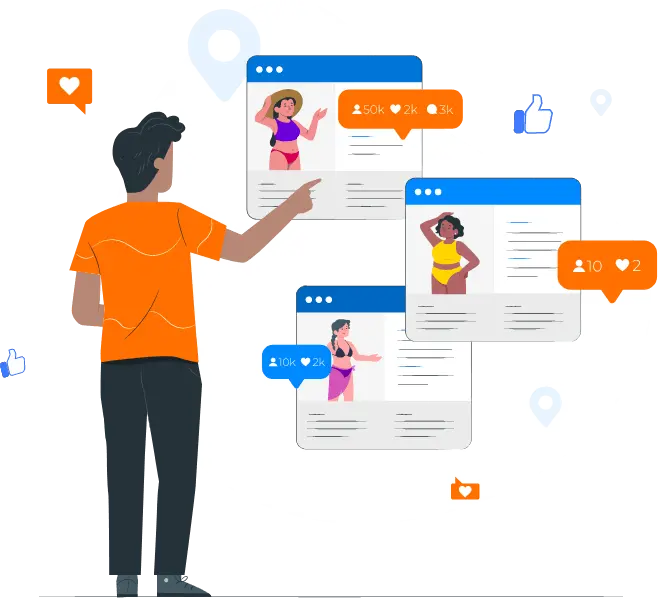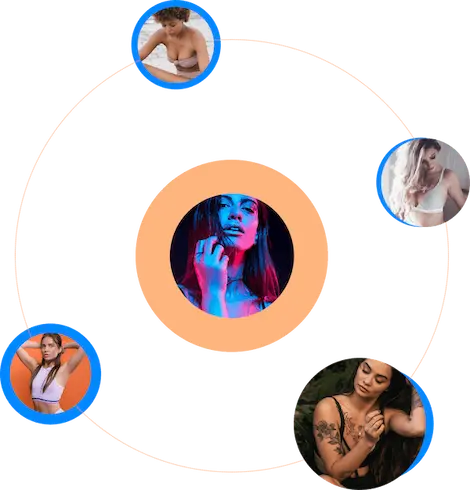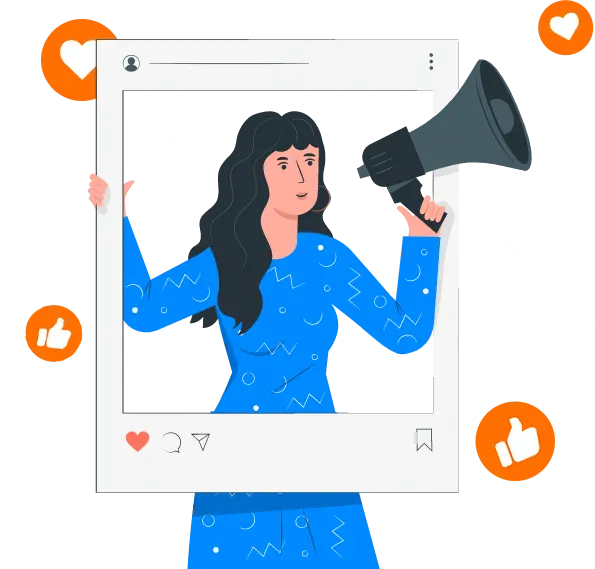
Welcome to XF Hub! Your one-stop Onlyfans search engine to find all the best content creators across 70 different categories.
We are the largest verified online network. Featuring both free and paid Onlyfans accounts. Making it a breeze for you to find the right kind of OnlyFans profiles from around the world.
Here at XF Hub, we streamline the results according to your needs and preferences with our innovative quality control strategies. All for FREE! Find Onlyfans creators today.
Find the top Onlyfans creators from our 70 different categories

Do you want to find Free accounts to follow? Lucky you! XF Hub have the most extensive list of Free accounts!
You can view all their OnlyFans content for free, just click on their images and subscribe without paying
Free OnlyFans
Looking to advertise with us? Promoting your Onlyfans with XFans Hub is easy. Subscribe to our advertising package to gain steady exposure to quality leads, helping you earn more each month! Plus, receive weekly marketing tips used by the top Onlyfans agencies, enabling you to maximize the exposure XF provides. All of this costs less than $1 per day.
Promote
Onlyfans promotion advertising on XFans Hub can choose from Standard and Premium packages.
Standard Package - advertise for FREE! Inclusions are a public bio, getting listed in the free category, a maximum of 2 photos, and a unique Onlyfans direct link.
Premium Package - advertise for only $20 per month (less than $1/day!). Inclusions are a public bio, getting listed on 15 categories of your choice, a maximum of 5 photos, and a unique Onlyfans link.
Access packages through “Promote Your Accounts” and gain daily traffic from countries such as Australia , the United States & UK
Users
Users can search anonymously. XF Hub also saves users time and energy from scrolling through multiple profiles that don’t fit their preferences or standards.
Furthermore, XFans Hub search feature narrows down creator accounts by filtering Onlyfans and poorly managed Onlyfans profiles. Assuring Only fans that only top OF accounts are displayed.
OnlyFans Creators
advertise your profile to increase your Onlyfans link foot traffic and improve sales over time.
Promoting your Onlyfans link on the XFans Hub social media platform connects you with those already looking for your content. Generating regular subs!
XFans Hub users don’t need to sign up. Once on the website, simply choose from 24 different sections and gain access to many content creators under the chosen niche.
Find Asian, Latina, Ebony, Trans, Milfs, , Free, Porn, Fetish, Amateur, Explicit & Famous, and many other OF accounts across our network.
Discover multiple Onlyfans profiles and find people through the creator’s free Onlyfans link. Some Onlyfans creators are on other social media platforms. However, XFans Hub allows you to skip other sites and go straight to our built-in search to find free Onlyfans trials.
Yes! XFans Hub Onlyfans Search Engine is FREE for users to browse profiles using our search function . Search Onlyfans today for free!
We provide OnlyFans subscribers with an easy way to discover accounts and connect with others.
Find the best Onlyfans accounts on XFans Hub. Simply search keywords to link directly with an Onlyfans profile. Also, gain access to their profile picture and creator bios for free. Find people on Onlyfans Hub today!
OnlyFans has become a popular platform for creators to monetize their content. Whether you’re a content creator or a fan. Using the search bar and OnlyFans free lookup can help you find the best OnlyFans site and search results.
Get the latest news from our Onlyfans blog